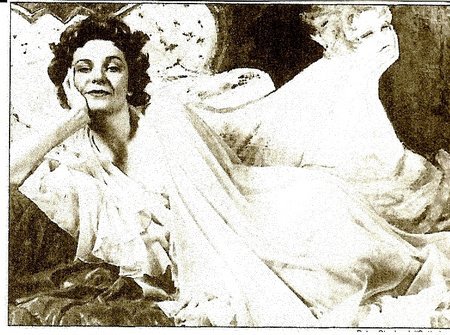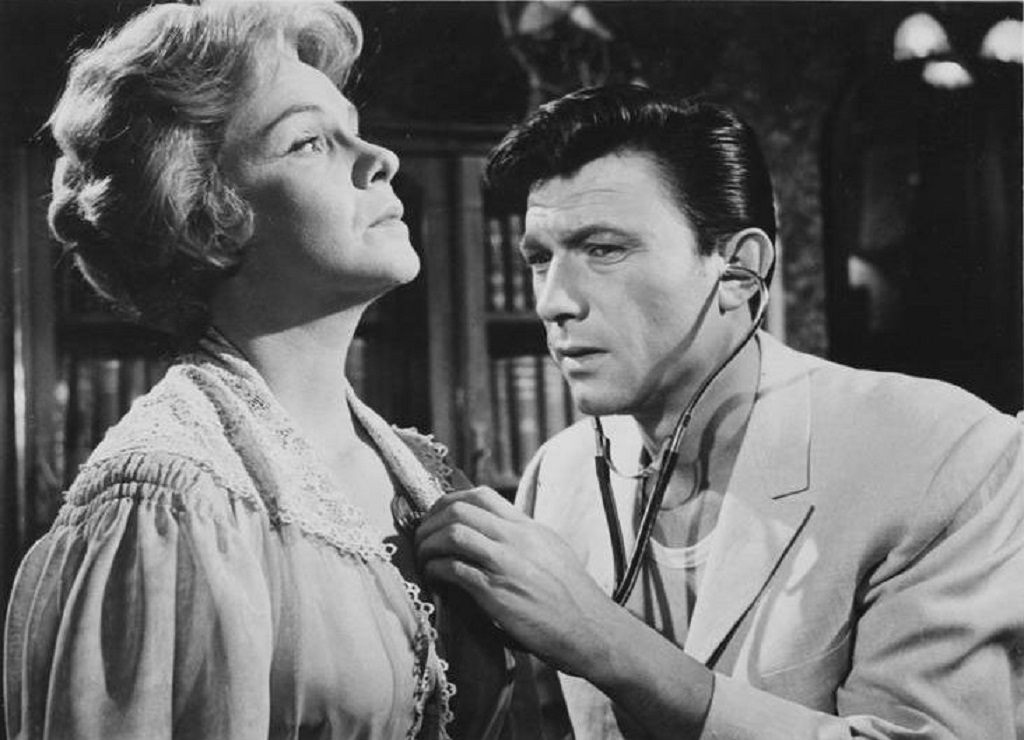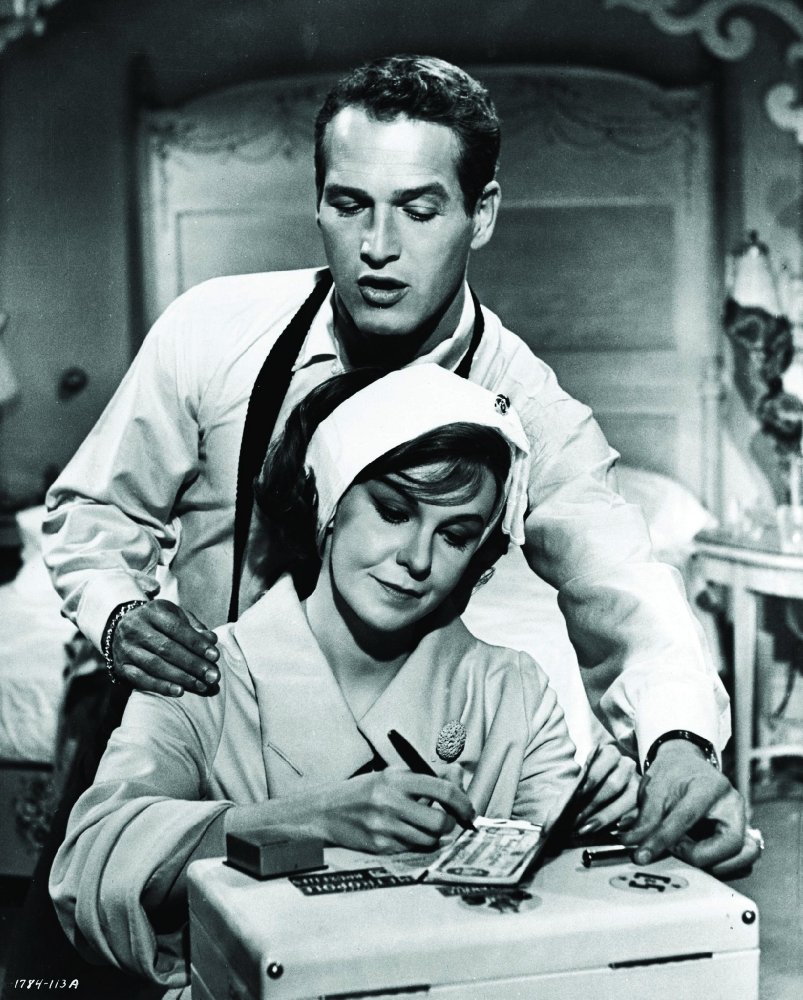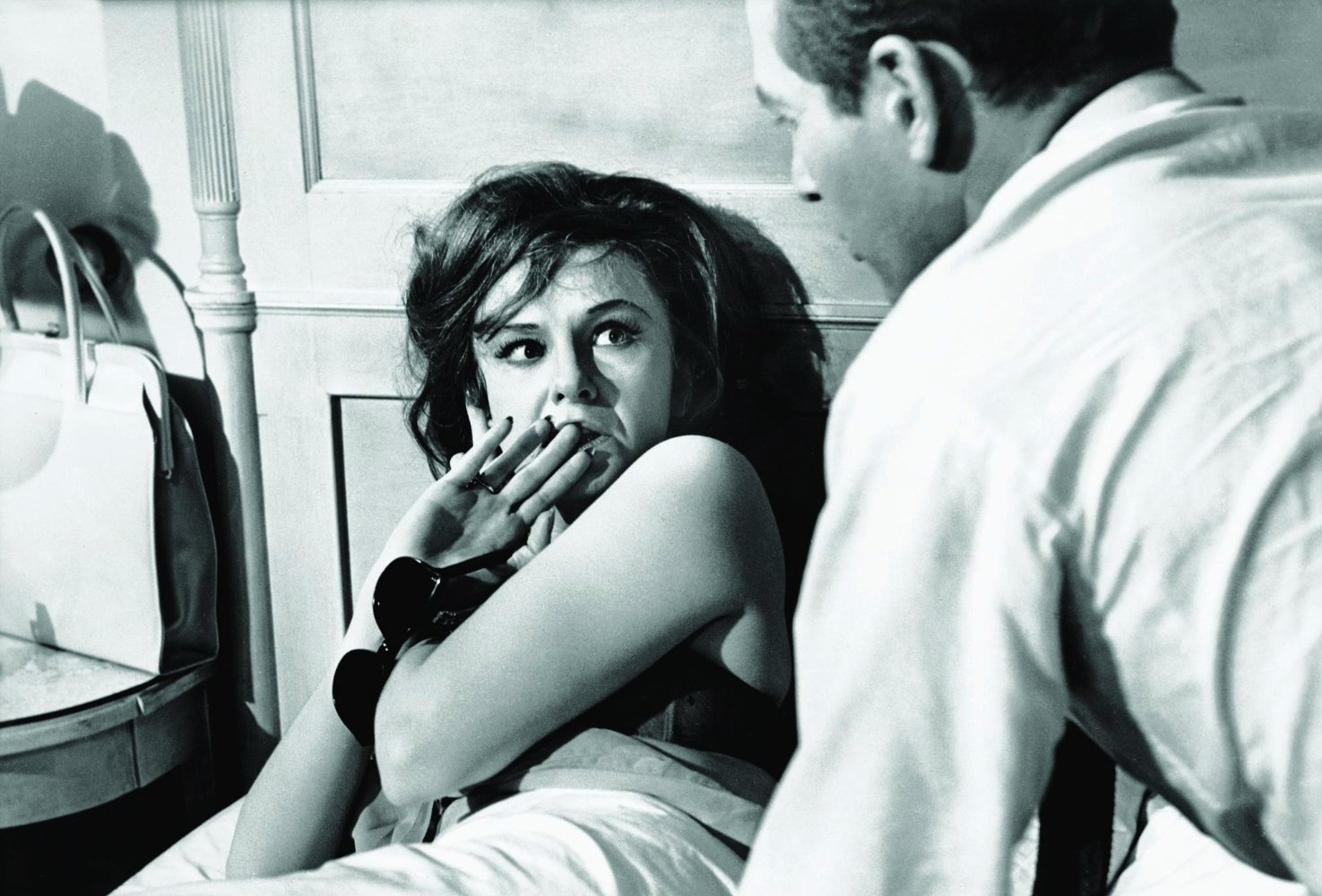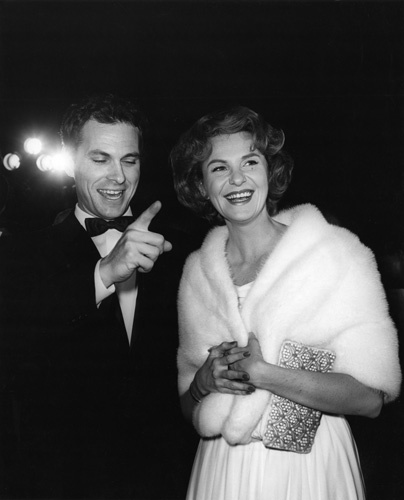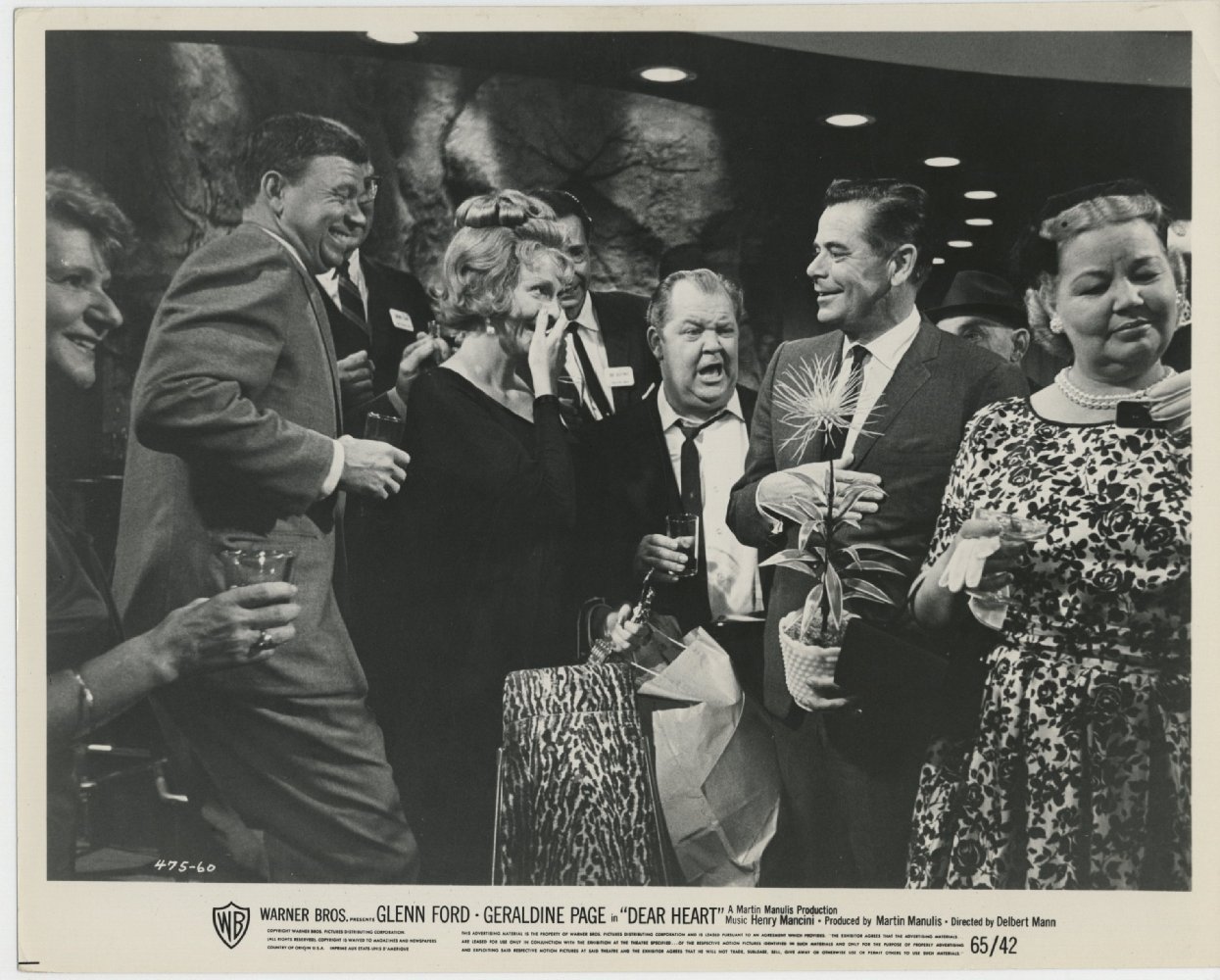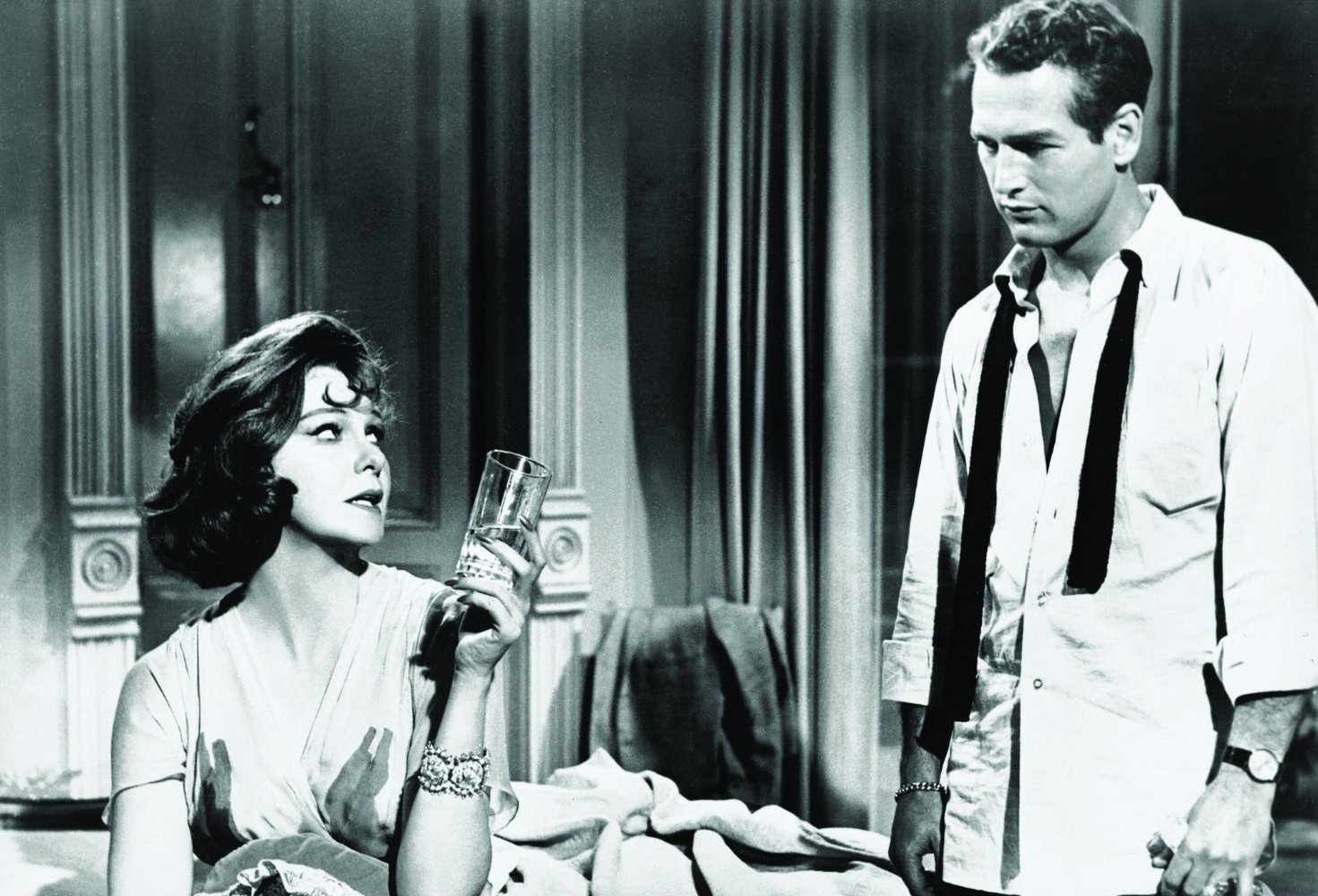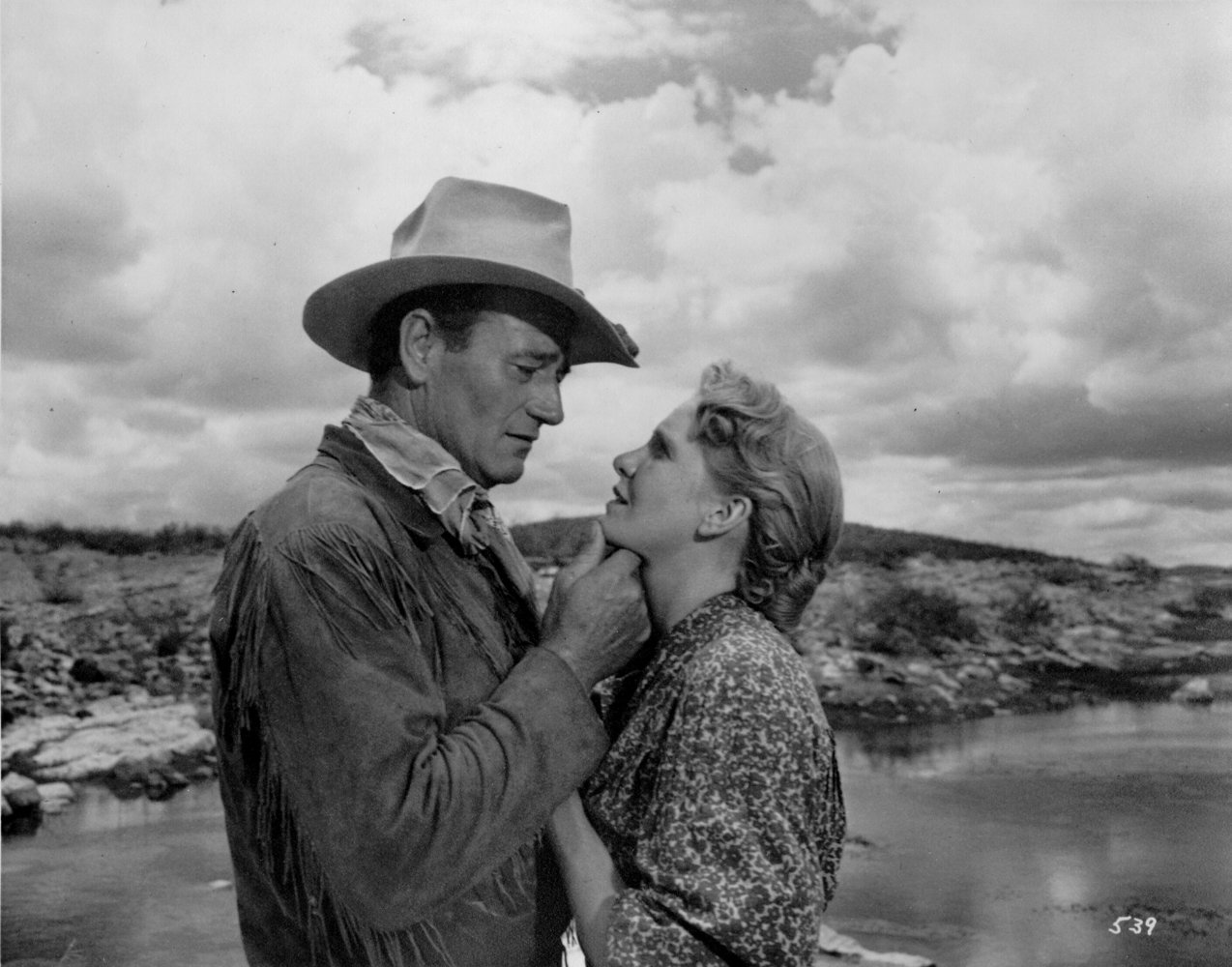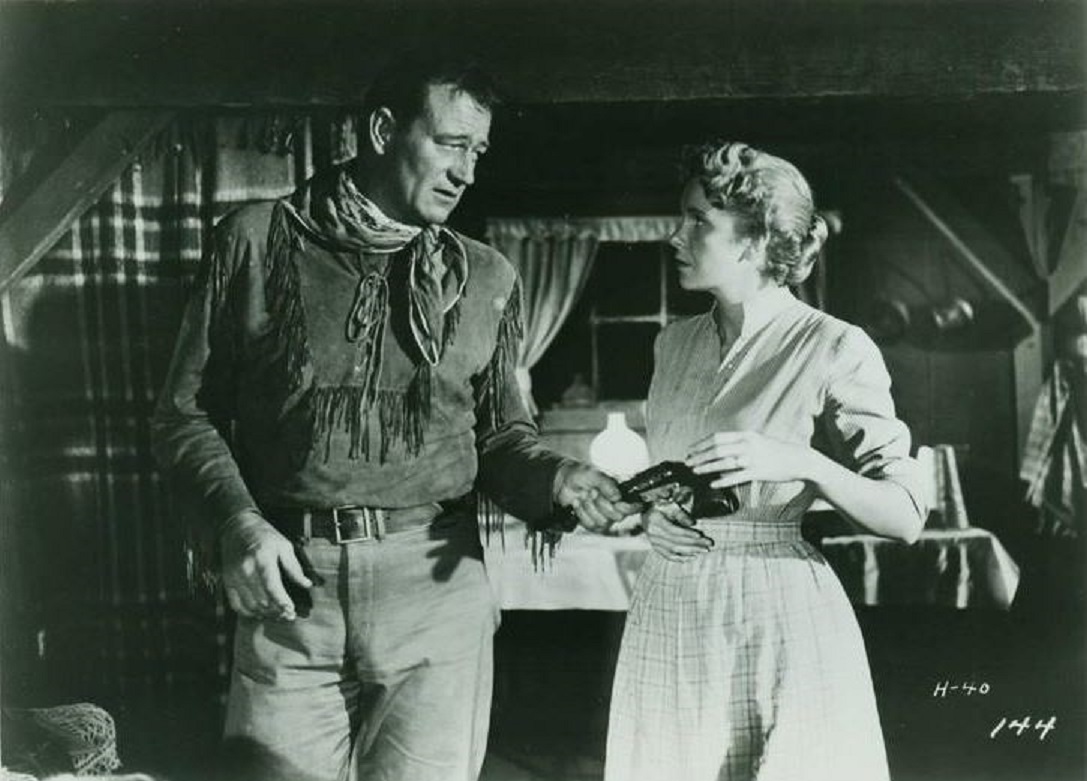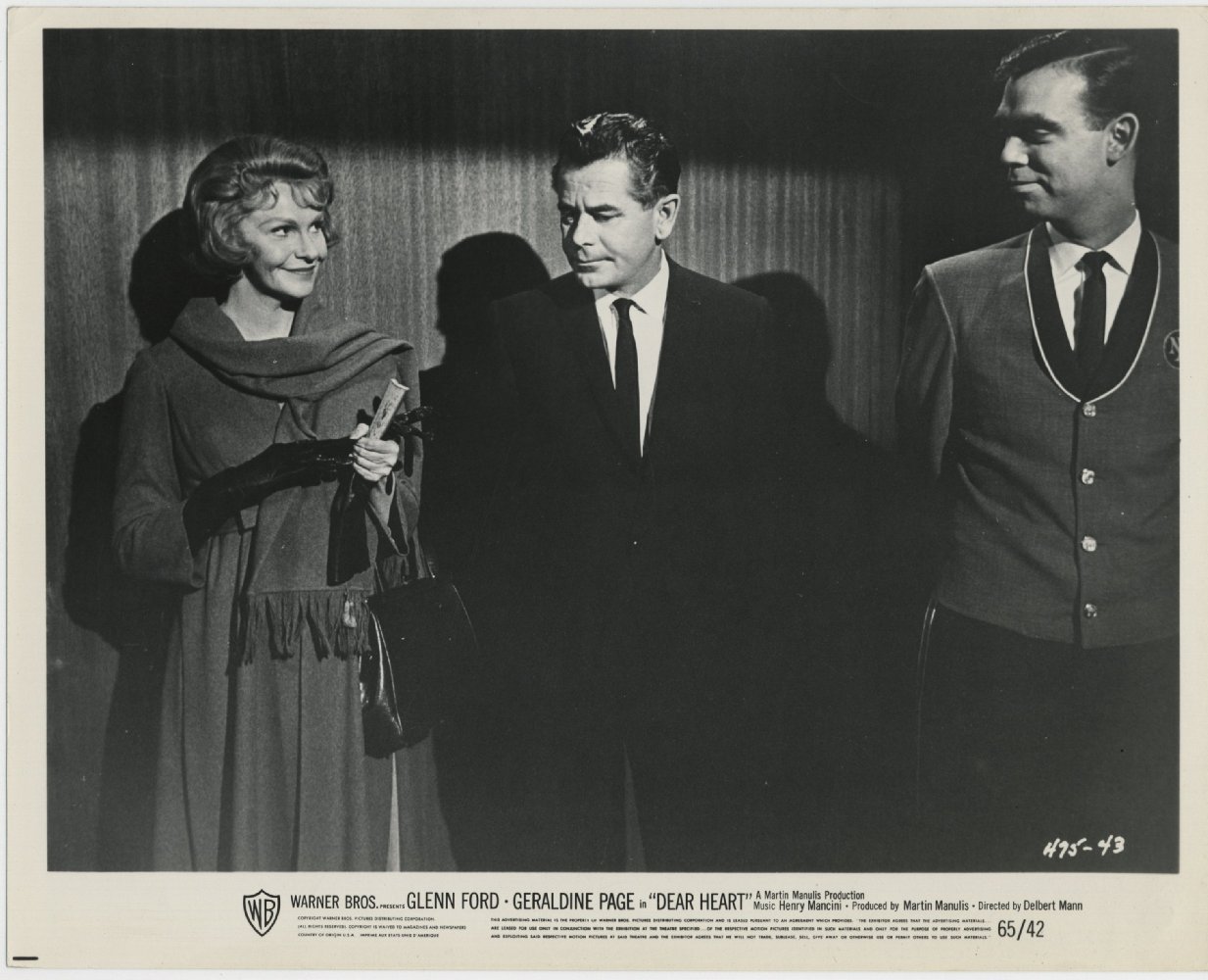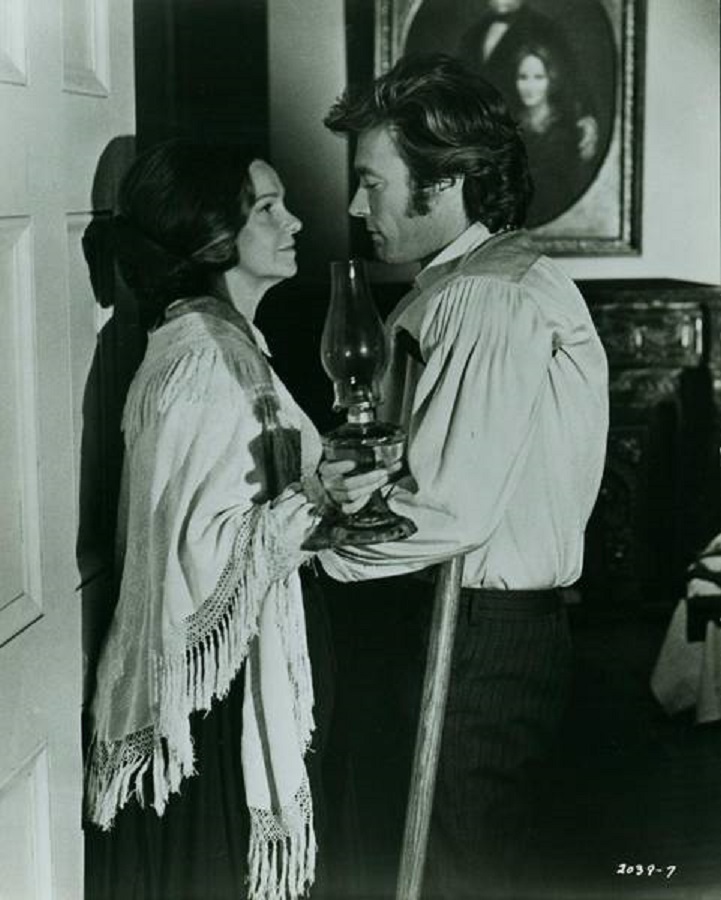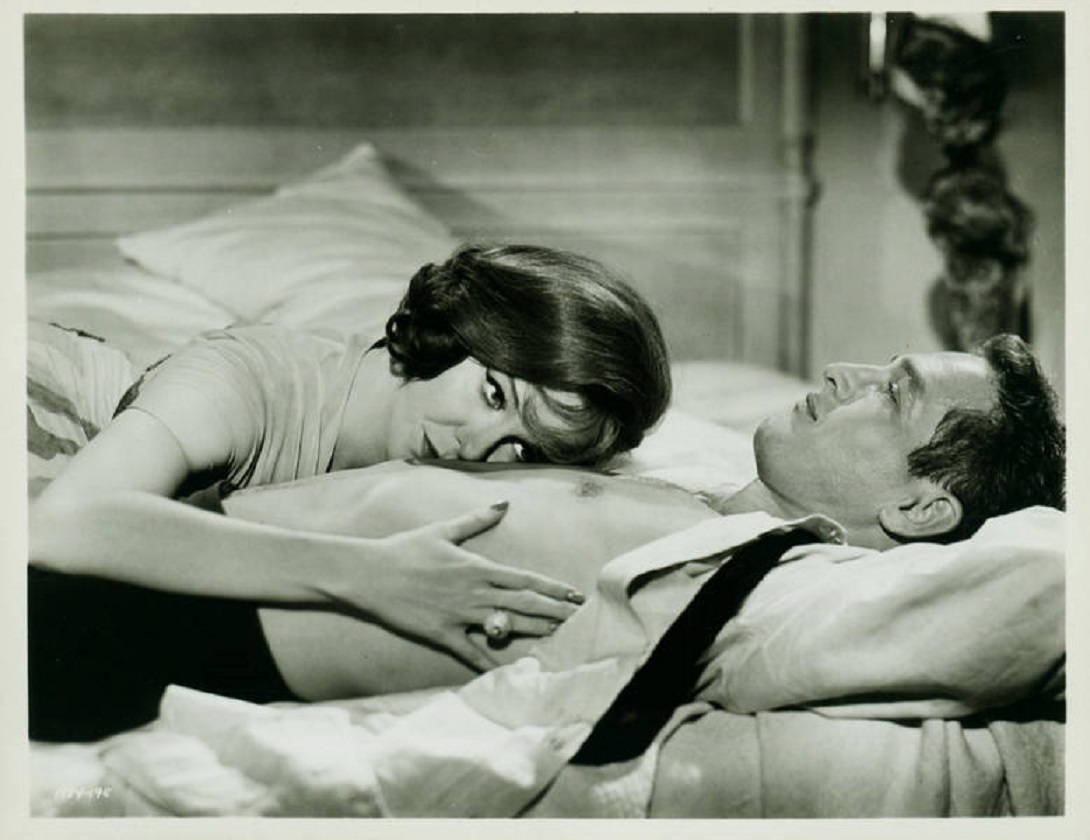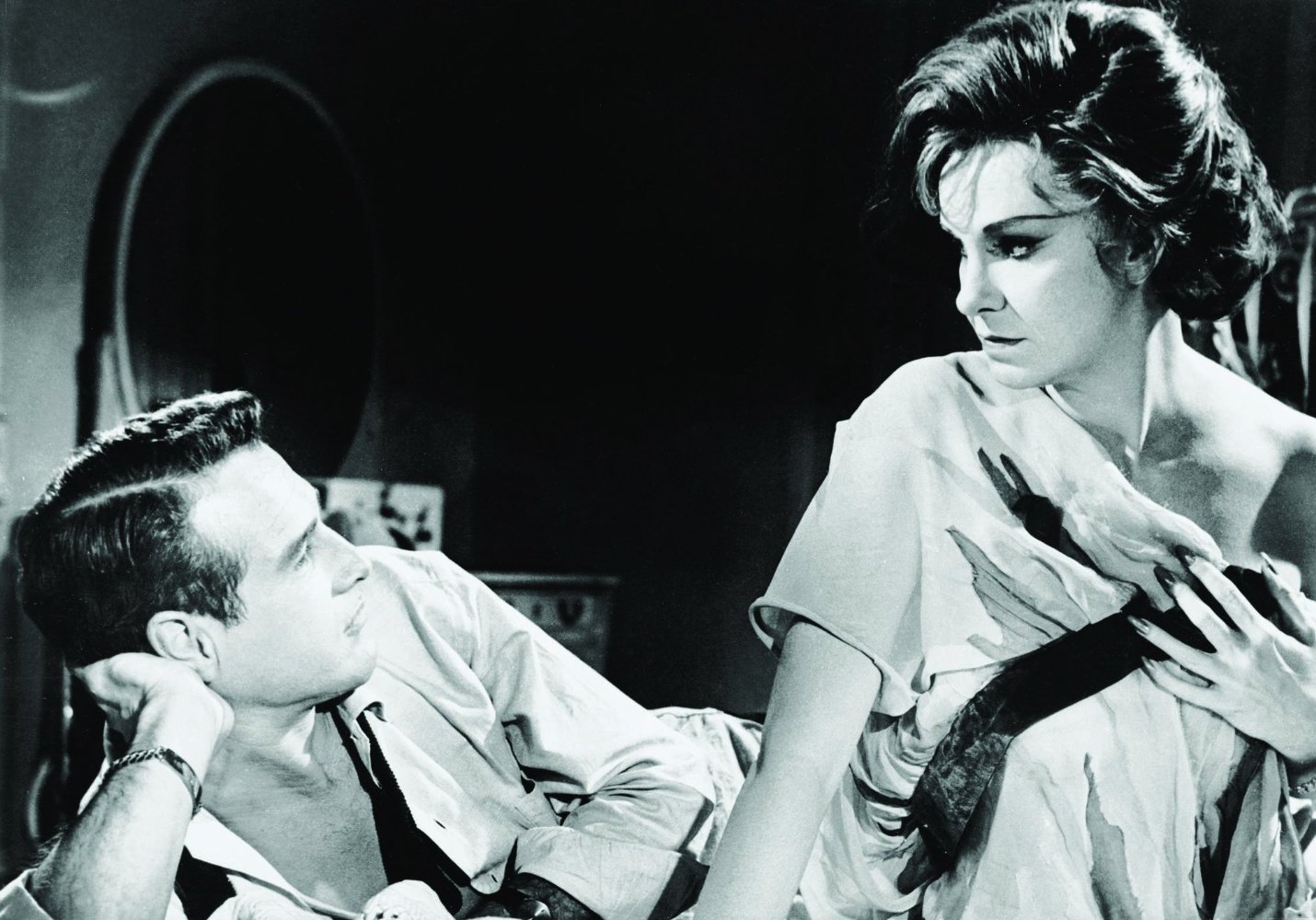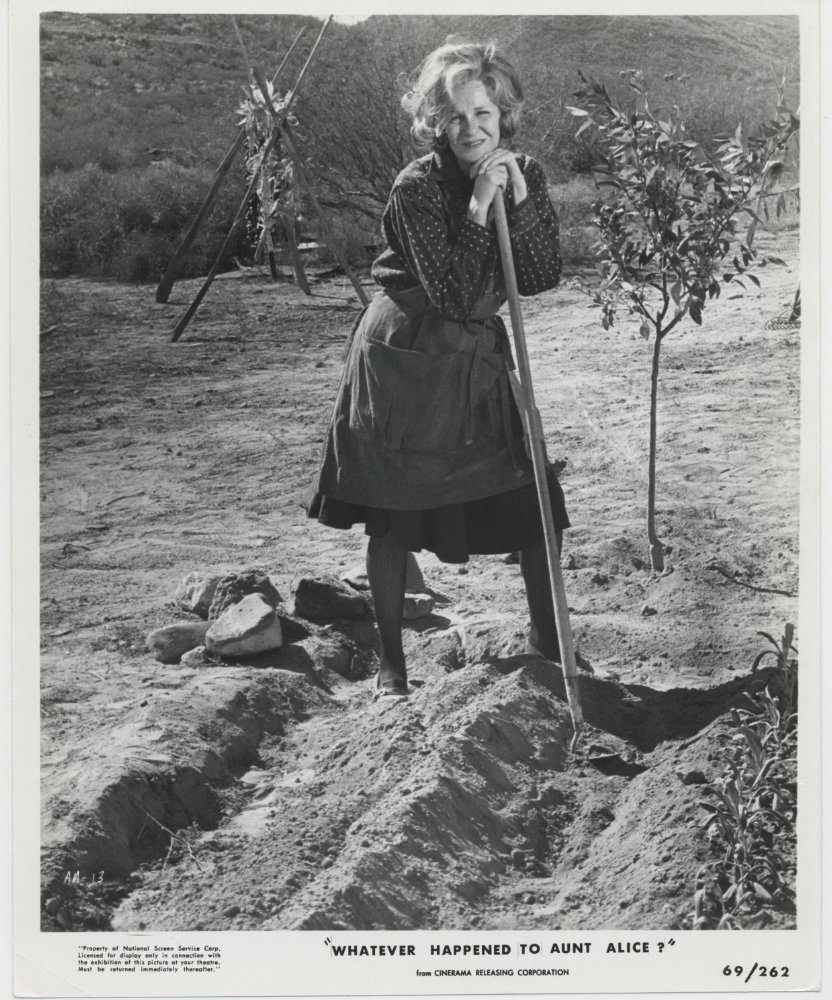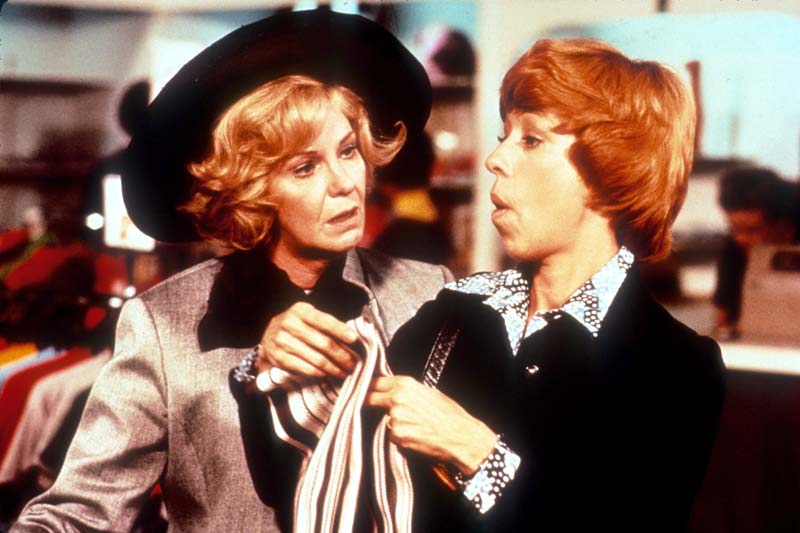Geraldine Page
Birthday: 22 November 1924, Kirksville, Missouri, USA
Birth Name: Geraldine Sue Page
Height: 173 cm
Considered by many to be one of the greatest American actresses of all time, Geraldine Page was a master craftswoman who seemed to bring out the most inner detail of the character she was playing. Her ...Show More
Considered by many to be one of the greatest American actresses of all time, Geraldine Page was a master craftswoman who seemed to bring out the most inner detail of the character she was playing. Her dedication to her craft has earned her the respect of many of today's great actors including Meryl Streep and Michelle Pfeiffer.Geraldine Sue Page was born on November 22, 1924 in Kirksville, Missouri to Dr. Leon Elwin Page, an osteopathic physician and Pearl Maize Page, a homemaker. She had an older brother named Donald. The family moved to Chicago when Page was five years old. Growing up, her interests and hobbies always were directed toward the arts. She tried writing and painting while younger, but that proved to be too frustrating. She wanted to be a concert pianist, but her family couldn't afford all that training. While she was still a preteen, she joined the drama club at her church and soon found her passion. She began reading all kinds of plays as well as reading about actors. She was fascinated with the careers of actresses like Lucille La Verne, Maude Adams, and Eva Le Gallienne.Upon graduation from high school in 1942, she entered the Goodman Theater School, where she performed in just about everything in which students could perform, as well as earning money working for a children's theater group. When she completed the three-year program in 1945, she and several other students organized a summer stock theater in Lake Zurich, Illinois. After the summer season, she headed for New York City. Unfortunately, by Christmas she was working three part-time jobs just to get by and not finding any work as an actress. She returned to Chicago that winter and accepted a position as a part-time instructor in the theater department at DePaul University for the spring semester. After another summer at Lake Zurich, Miss Page headed for New York again, this time joining a stock company in Woodstock, New York. She spent the next two summers in Lake Zurich, and the rest of the time performing in Woodstock playing everything from young girls to grandmothers.In 1948, she made her New York city debut with an Off-Broadway production of "Seven Mirrors." She spent the next four years performing with Off-Broadway groups and summer stock in New Jersey. She also performed character parts on radio shows. In 1952, she had the lead in an Off-Broadway revival of Tennessee Williams' "Summer and Smoke." That production caused a sensation, not only with critics but with a growing audience marking the first big hit Off-Broadway. Page won the Drama Critics Award, becoming the first person from a non-Broadway production to receive such an award.Page put off a number of film offers and instead played leading roles on radio and television, and made her Broadway debut in January 1953 in Vina Delmar's play "Mid-Summer." Although the play was dismissed by most critics, she was hailed by critics for her portrayal of an uneducated woman married to a schoolteacher.In the fall of 1953, she made her film debut opposite John Wayne in the western Hondo (1953). Although she received an Academy Award nomination as Best Supporting Actress, she wasn't offered any good parts in Hollywood and returned to New York.During the 1950s, Page's theater career flourished. She played a variety of roles on Broadway including a vindictive wife of a homosexual in "The Immoralist," to a lonely spinster in "The Rainmaker." She also made frequent radio and television appearances and honed her craft at the Actors Studio. It was in the fall of 1959 that Page starred opposite Paul Newman in Tennessee Williams's "Sweet Bird of Youth." Her role as a pathetic fading movie star earned universal praise, her first Tony Award nomination, and interest again from Hollywood. It was also when she met and married one of her co-stars, actor Rip Torn.In 1961 she starred in the film version of Summer and Smoke (1961) and in 1962 in Sweet Bird of Youth (1962). She earned consecutive Golden Globe awards as well as Academy Award nominations for these two performances.From now on, Page divided her time between the stage and the screen. Her selectivity was high, whatever the medium. She turned down many famous roles, including the role of Martha in the original Broadway production of "Who's Afraid of Virginia Woolf" and the role of Chris MacNeil in the film "The Exorcist." She was first and foremost a character actress who believed in repertory. She tended to accept parts that were very different from the one she had just played and often liked to rotate between leading roles and supporting roles.Despite the fact that she was such a highly respected stage actress, very few of her Broadway productions after "Sweet Bird of Youth" were hits, and often closed after just a few performances. The few productions that were hits included revivals of "Strange Interlude" and "The Three Sisters." Most of her better stage work through the rest of her life came in productions Off-Broadway, or in regional theaters across the country. She liked touring the United States and performing theater in states and cities often neglected by Broadway touring companies. In the 1960s, some of her notable film work included "The Happiest Millionaire," "What Ever Happened to Aunt Alice" and "You're a Big Boy Now." She earned a Best Supporting Actress nomination for the latter. She also won two Emmy Awards for television work.In the 1970s one of her few hits on Broadway was as a banker's alcoholic wife in "Absurd Person Singular." This role netted her a second Tony Award nomination. One of her bigger triumphs on the stage was the Sanctuary Theater Company which she and her husband Rip Torn founded off-Broadway. Although it only lasted a couple of years, it gave young actors a chance to work, and many of the productions were given rave reviews by critics. Some of her more memorable film roles in the 1970s included a nosy matchmaker in Pete 'n' Tillie (1972) (Oscar nomination as Best Supporting Actress), a controversial religious leader in The Day of the Locust (1975), the voice of the villain Madame Medusa in The Rescuers (1977) and the suicidal mother in Interiors (1978) (Oscar nomination as Best Actress).In the 1980s, she began teaching acting at the Pelican Theater School. In 1982 she had another triumph on Broadway as Mother Superior in "Agnes of God," a role which earned her a third Tony Award nomination. In 1983 she co-founded the Mirror Repertory Company, an Off-Broadway theater group dedicated to preserving the art of repertory theater. She performed and directed in a variety of productions with the group. She continued to work in films despite her hectic theater schedule. One of her film roles in 1984 was a scene stealing bit part as a chain-smoking mother of a murdered cop in The Pope of Greenwich Village (1984). She received an Oscar nomination as Best Supporting Actress. With that she became the first woman to receive seven Oscar nominations for acting without a single win. In 1985, she starred in the independent film The Trip to Bountiful (1985). Based on Horton Foote's play, it tells the story of a 60-year-old woman who yearns to run away from her cramped city apartment that she shares with her son and daughter-in-law, to see the old country town where she grew up. Page's performance was hailed by critics and she began to rack up a number of award nominations. She was nominated for a Best Actress Oscar, making it her eighth try for the golden boy. Although Meryl Streep looked like a sure bet for Out of Africa (1985), many critics predicted Page would emerge as the dark horse winner. When F. Murray Abraham opened the envelope on Oscar night he announced "Ah! I consider this woman the greatest actress in the English language. The winner is Geraldine Page in 'The Trip to Bountiful!'" As Page scrambled to find her shoes which she had kicked under her seat, Meryl Streep led the long standing ovation for her.In the 1980s she received a number of other honors. She received several lifetime achievement awards from various theater groups. In 1983, she was inducted into the Theater Hall of Fame. The only thing that seemed to be missing was a Tony Award. In the spring of 1987, Page took a break from the Mirror Theater, to return to Broadway in a revival of "Blithe Spirit." For her leading performance as the wacky medium, she was nominated for her fourth Tony Award. Many critics predicted her to be the sentimental favorite for the award. She did not win. Six days after the Tony Awards ceremony, she died of a heart attack, leaving behind her husband and their three children. She was 62 years old. A memorial service was held at a Broadway theater and numerous actors and celebrities payed their respects including Meryl Streep, Jessica Tandy, and Paul Newman among others. Ronald and Nancy Reagan had flowers sent from the White House to the memorial service.Page dedicated her life to her craft and is regarded as one of the most important actresses of the 20th century. She appeared in 28 films, 16 Broadway plays, memorable television plays and radio plays, and innumerable repertory, stock, regional and Off-Broadway performances. As People magazine noted: "Geraldine Page wasn't resting on her laurels at the time of her death; she was on a role. After a performance, she asked, 'I wasn't overdone, was I?' Then she added with a smile, 'Wasn't I exquisite?' As ever, she was." Hide

 Geraldine Page'S roles
Geraldine Page'S roles

















